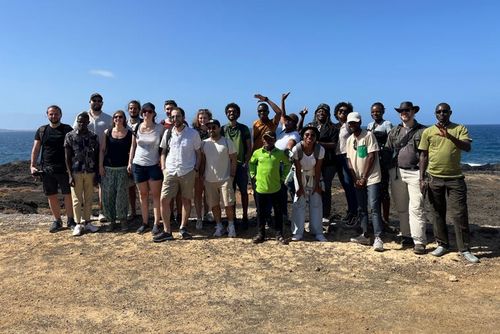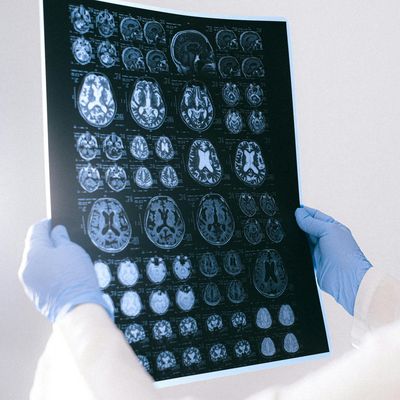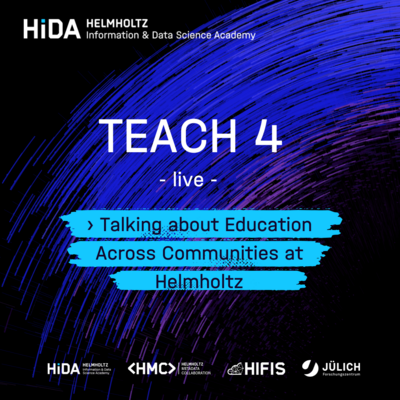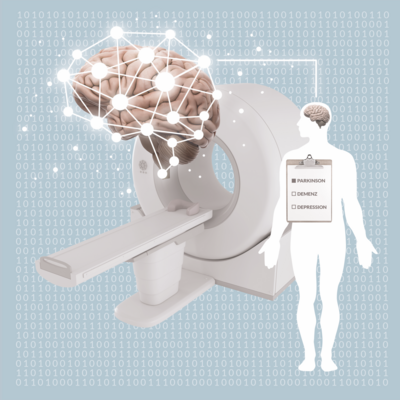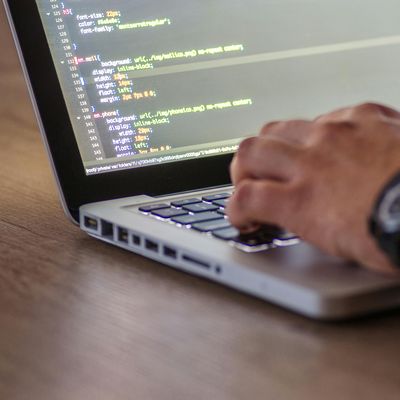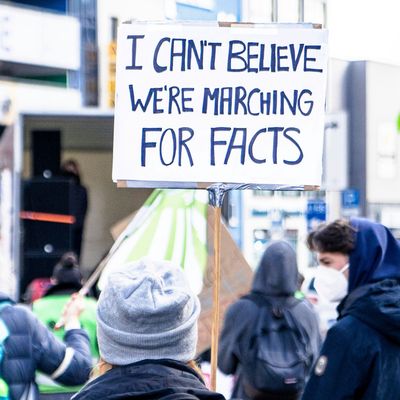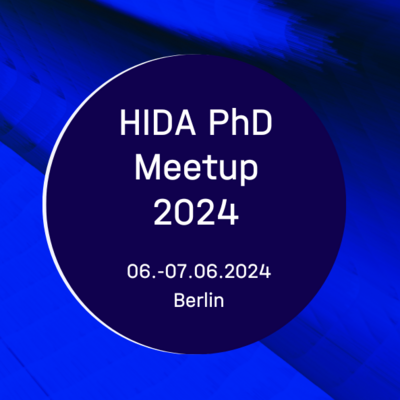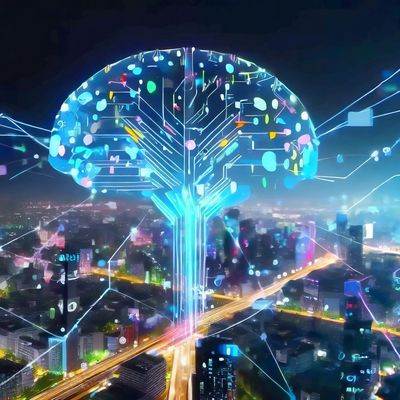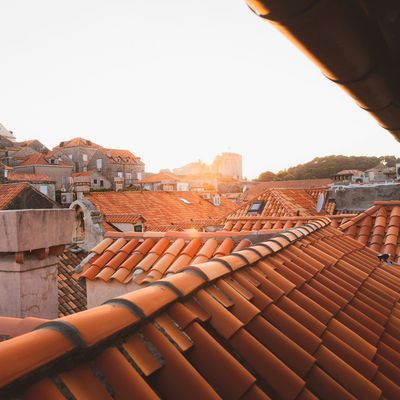Coding for Cabo Verde
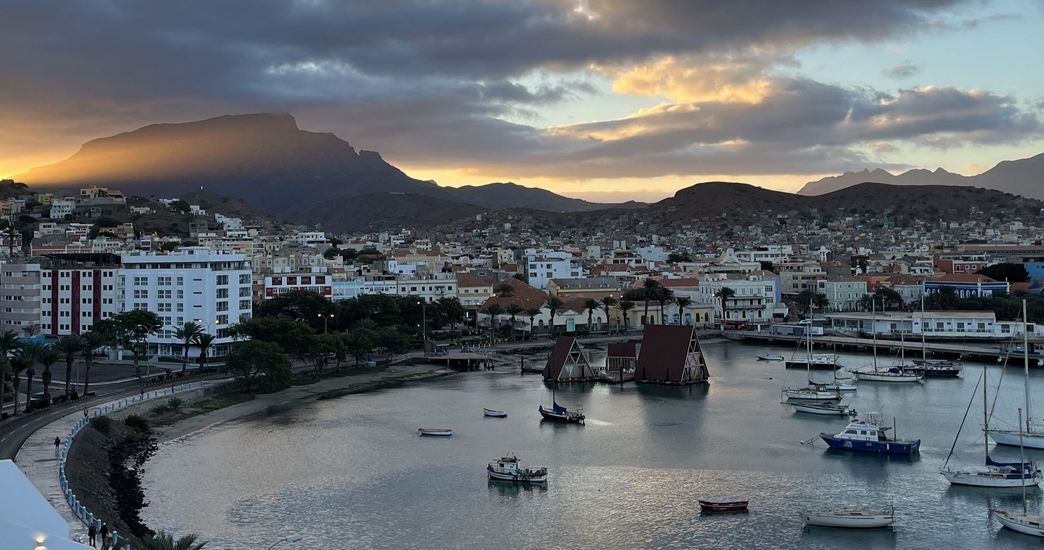
The ecosystem on Cape Verde is one of the most productive in the world. A MarDATA hackathon on São Vicente brought scientists together to leverage the potential of marine data.
Wild coasts, crystal-clear water and a fascinating underwater world - the ten Cape Verdean islands are known for this among divers, beach vacationers and hikers. But the archipelago to the west of Senegal is also of great importance to many researchers: the ecosystem, which is nourished by the coastal upwelling off West Africa, is one of the most productive and economically important in the world. For many years, scientists here have been trying to unlock the ocean's secrets and find solutions to challenges such as climate change. One of the most important products of their work is marine data.
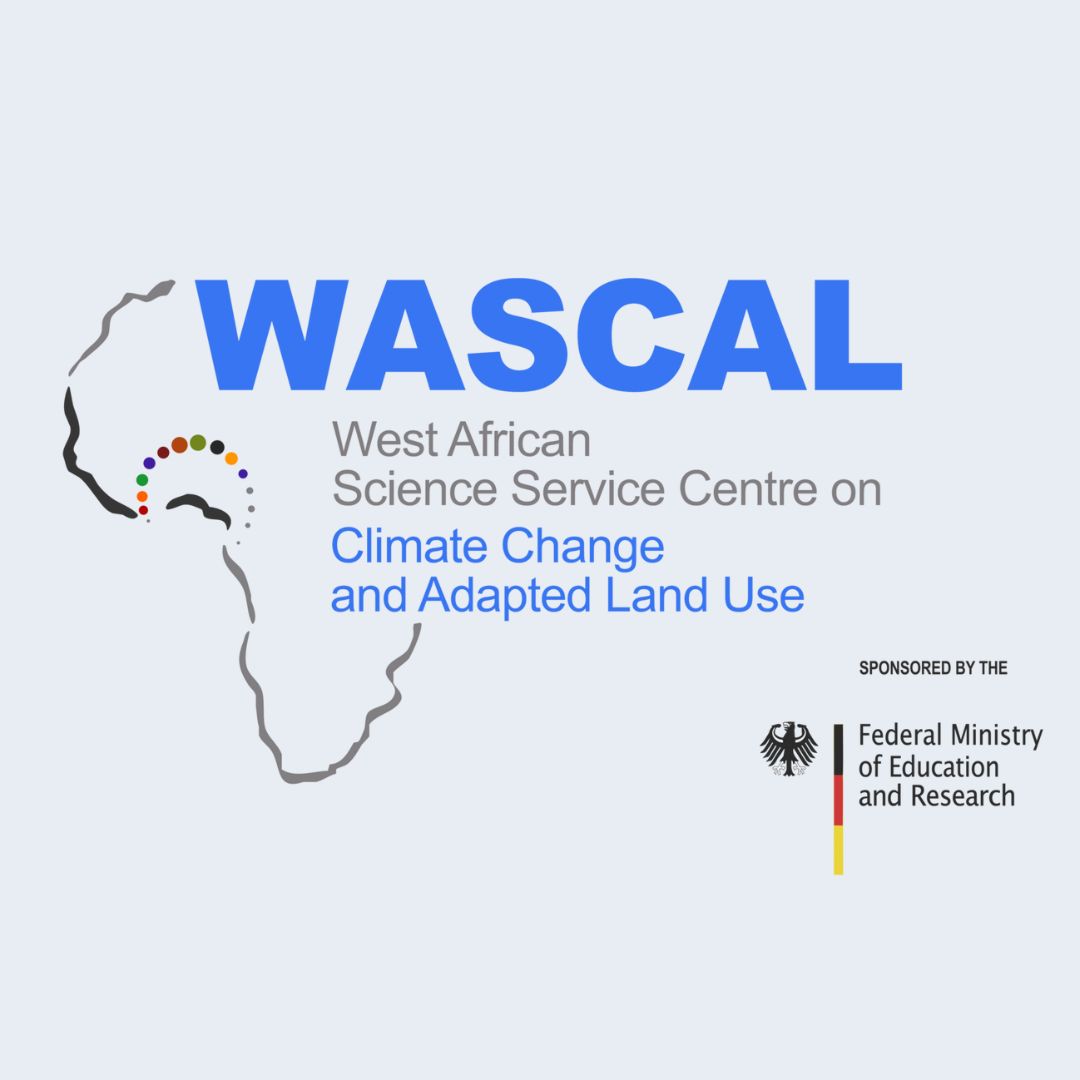
WASCAL
WASCAL
The West African Science Service Centre on Climate Change and Adapted Land Use (WASCAL) is an international West African organization that focuses on academic and transdisciplinary research, scientific capacity building at university level and science-based advice to policy makers in West Africa on climate change adaptation and land use management. WASCAL, funded by the BMBF and the currently 12 West African member countries, supports them at local, national and regional level in dealing with the consequences of climate change.
The WASCAL Master's program "Climate Change & Marine Sciences" at the Universidade Técnica do Altantico (UTA) in Mindelo, Cabo Verde, is carried out in close cooperation with the GEOMAR Helmholtz Centre for Ocean Research Kiel and supported by the Ocean Science Centre Mindelo (OSCM) and the Instituto do Mar (IMar) as well as various international partners. This cooperation imparts scientific and academic skills in climate, marine science and management at international and regional level in West Africa in the context of climate change. The program adequately prepares West African students for doctoral studies or professional careers.
To explore the enormous potential of these data sets, the Helmholtz School for Marine Data Science (MarDATA) organized a hackathon on the island of São Vicente from 11 to 18 March 2024. Twelve MarDATA doctoral students met with students from the WASCAL Master's program "Climate Change & Marine Sciences" in the port city of Mindelo. Their goal: to jointly develop approaches and solutions that emphasize and increase the value of the data for both local stakeholders and the scientific community. Enno Prigge, scientific coordinator of MarDATA and initiator of the project week, documented the hackathon:

Digitaler Zwilling
Digital twin
Digital twins are a method of visualizing and studying complex systems that was developed for engineering and is increasingly used in Earth system research.
Digital twins of the ocean consist of simulations of the ocean (usually a model, e.g. physics-based or AI-based) that represent the real ocean (or a sub-process of the ocean). The real ocean and its simulation are linked in the digital twin through information exchange: Measurements and observations are made in the real ocean, while recommendations for action for an ocean of the future are derived from the simulated ocean.
Digital twins enable a new digital research culture to connect disciplines and combine different sources of information. To enable this cultural change, they must be more efficient and reliable as a scientific method compared to existing methods, or be the only way to investigate a question. Therefore, it is important to design concrete implementations of digital twins with the desired outcome in mind. Ideally, this outcome should be quantitative, objective and repeatable in order to make a robust scientific contribution to societal issues.
Cabo Verde, March 11, 2024: Kick-off
The first day begins at the Ocean Science Center Mindelo (OSCM) with the presentation of the tasks. The mentors explain them: 'We have prepared three challenges. In Challenge 1, teams of four are to improve an app for local fishermen and adapt it to their needs. In Challenge 2, the teams focus on bringing together data from the sea and the atmosphere that was previously collected separately and making it accessible to the general public. In Challenge 3, the teams have the task of working with local stakeholders to identify the key requirements for a digital twin of the ocean around Cabo Verde.
At the end of the first day, a total of five teams from 18 nations have split up into the three challenges and are ready to get to work: supported by local and visiting marine researchers and data scientists, data sets are selected, concepts developed and subtasks distributed.
"It would be great if we could also access the collected data and make an emergency call via the app."
Osvaldo Bedji, Fisherman on São Vicente
March 12, 2024: Getting to work
Today, the teams who want to optimize the Fisherman App set off for the small community of Calhau in the east of the island. There they meet Osvaldo Bedji to talk to him about his experiences with the app. "For us young fishermen, the smartphone is a natural part of everyday life," explains Osvaldo. "Recording the catch data with the app makes our work a lot easier." But he also has suggestions for improvement: "It would be great if we could also access the collected data and if it were possible to make an emergency call via the app."
Meanwhile, the teams of the second challenge have made themselves comfortable in the rooms of the Ocean Science Center and are using computers to explore marine and atmospheric data collected by local and international research teams. They discuss and code: WASCAL students explain the marine science connections, while MarDATA PhDs type line after line of Python code into the keys.
The next room presents a different picture: ten MarDATAs and WASCALs sit in a large circle and try to approach the topic of "Digital Twin Cabo Verde" with the help of countless post-its. Questions such as: What data is important? How can the FAIR principles of "Findable, Accessible, Interoperable, and Reusable" be ensured when preparing and processing data? And how can interactive platforms be designed to enable the widest possible access to the data? After brainstorming, the Challenge 3 team quickly came up with a roadmap for the week.
March 13, 2024: Half-time
At the halfway point of the project week, all participants meet again today to share their ideas and approaches. Exciting interim results are already being presented: The Fisherman App team has already coordinated initial ideas for changes with the developer in Brazil via video conference. The teams in Challenge 2 are working on using wind data to predict coastal upwelling events - an oceanographic process that also has an impact on the local ecosystem and is therefore relevant for local fisheries. They also want to interactively illustrate the influence of Saharan dust on the formation of biomass so that the people of Cabo Verde can understand this connection. Meanwhile, for Challenge 3, the team has held talks with local non-governmental organizations (NGOs) and fishermen and is now working on the concept for a digital twin.
March 18, 2024: Final
After many busy days, today is another hectic day at the Ocean Science Center. Albertino Martins, President of the Instituto do Mar, the marine institute of Cabo Verde, representatives of the local Universidade Técnica do Altantico (UTA) as well as local researchers, interest groups and journalist teams have come to the final event. The teams that worked on the Fisherman App start with the presentation. They are already presenting many improvements: They have optimized the user interface, set up automated processing of the data entered and, as a new feature, fishermen can now also make emergency calls.
The teams from Challenge 2 are also able to present impressive results: one team presents an interactive visualization that combines dust concentration, atmospheric optical depth, detected dust events and concentrations of chlorophyll a. The other team has programmed a data analysis and modeling method using machine learning that allows for easy analysis of different gridded data sets for upwelling events. This method should help to understand the variability of upwelling as a driver of biological production and can be combined with existing fisheries statistics to gain additional insights.
"The proximity to the application and the collaboration with the WASCAL Master's program and local stakeholders is a huge benefit for the MarDATA doctoral students and the local partners."
Arne Biastoch, Professor of Ocean Dynamics and spokesperson for MarDATA
In a unique interplay, the concept for a "Digital Twin Cabo Verde" developed by the participants of Challenge 3 takes up the methods and approaches of the first two challenges. Their vision: Selected data sets should be explorable on a website and it should be possible to upload your own data sets. The group is also laying important foundations for the infrastructure and concept of a digital twin in Cabo Verde, which takes local interests and needs into account and provides for the democratized dissemination of data.
"During the project week, the participants were able to test their understanding of basic marine science processes and data science skills in a new, unfamiliar and interdisciplinary environment," summarizes Arne Biastoch, Professor of Ocean Dynamics and spokesperson for MarDATA at GEOMAR. "The proximity to the application as well as the cooperation with the WASCAL Master Program and the local stakeholders is an enormous benefit for the MarDATA PhD students and the local partners."
The participants are also highly satisfied with the week. In addition to the inspiring scientific exchange, it is above all the close cooperation across status groups and cultural differences that will remain in everyone's memory. Everyone is already looking forward to a reunion in 2025, when the students of the WASCAL Master's program will come to Germany on the research vessel POLARSTERN as part of their training and the "Floating University".
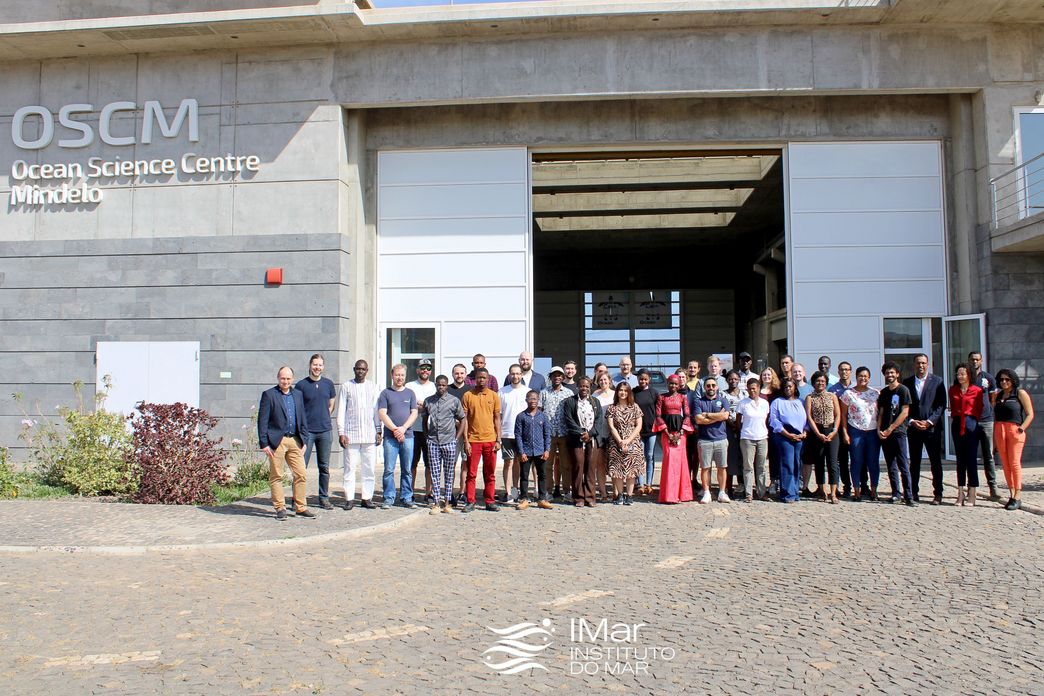
Text: Enno Prigge, MarDATA

